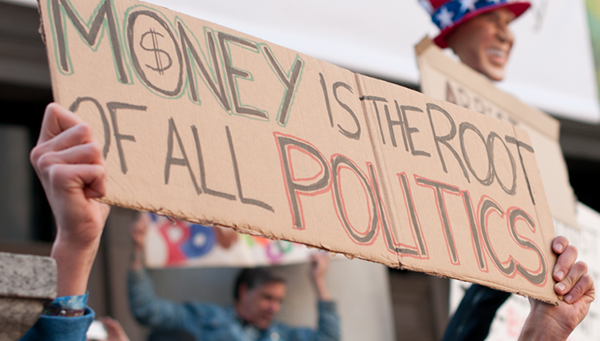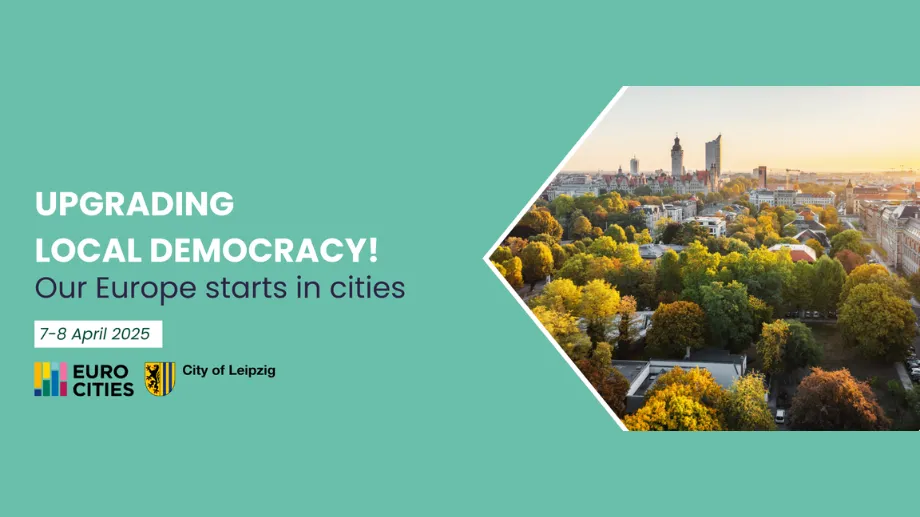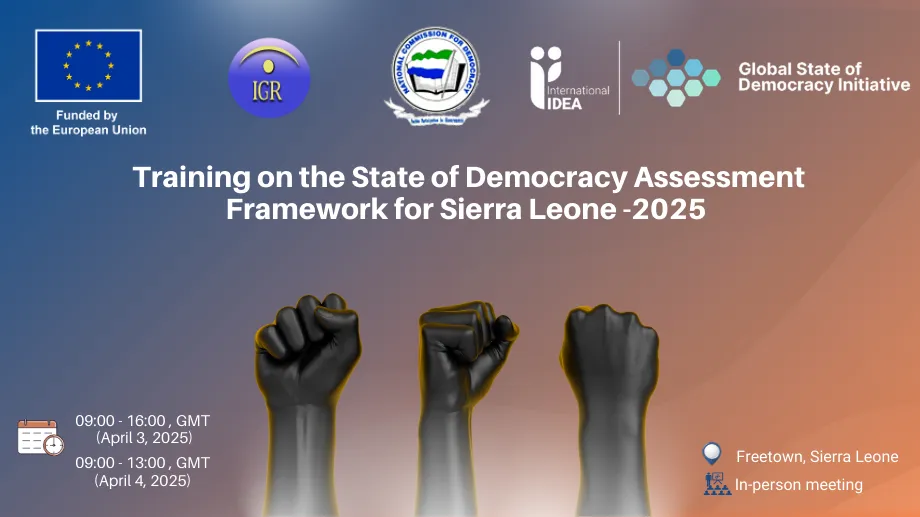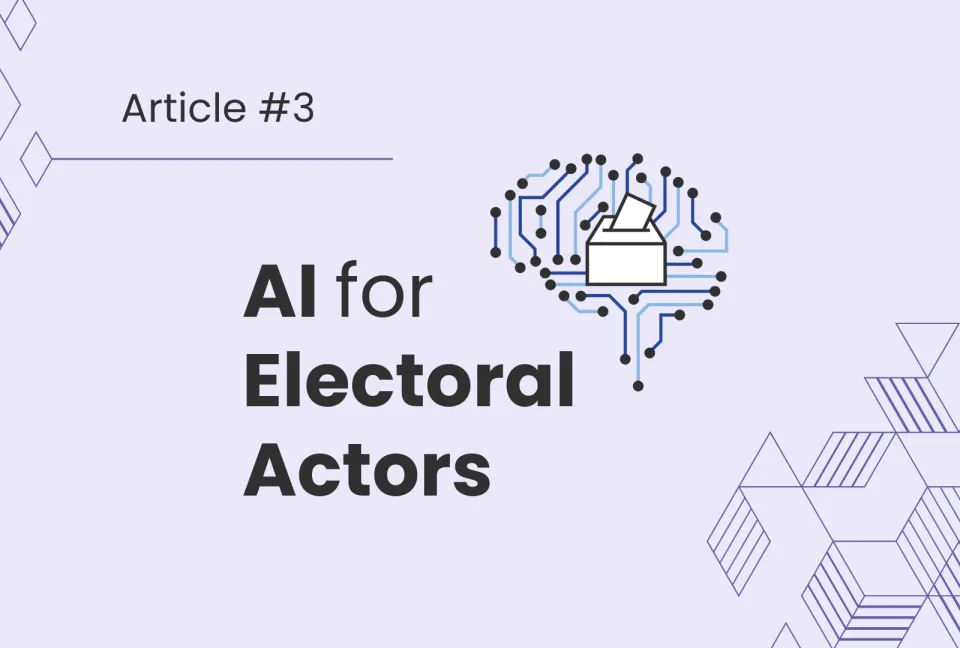How technology can make party and candidate financial data more transparent

Disclaimer: Views expressed in this commentary are those of the staff member. This commentary is independent of specific national or political interests. Views expressed do not necessarily represent the institutional position of International IDEA, its Board of Advisers or its Council of Member States.
One of the major challenges related to money in politics is the lack of transparency surrounding political party and election finance. This is the case across the world and applies to established and newer democracies alike. Transparency in the funding of parties and candidates is desirable because it helps ensure that everyone is playing by the rules, which in turn strengthens the integrity of, and trust in, politics, both in the eyes of the general public and among political parties themselves.
Importantly, transparency also helps level the playing field, exposes the risk of undue influence over politicians, and helps protect against the infiltration of illicit sources of money. This all contributes to the wider fight against corruption.
We’ve witnessed, in recent years, significant progress in the use of information and communication technologies to enhance transparency, both in the public and private sectors, and the field of political finance is no exception. A growing number of countries across the world have built systems that enable political parties and candidates to file their income and expenditure reports online. The political finance oversight agency that receives this data uses it to assess compliance with the reporting regulations and then feeds it into a publicly available disclosure website. Such systems have been introduced in a range of countries, from the United States and United Kingdom, to Georgia and Mexico, to name but a few.
The benefits of this type of integrated online and disclosure system are many, and when designed well, makes life easier for all involved. Political parties save time by not having to print, scan or mail reports in the post and have greater control over the submitted data, as it is entered directly into the system. This is also beneficial for the oversight agency, as it does not need to spend time filing or re-entering data received in hard copy. Having all of the data in one central database also greatly facilitates data analysis and verification efforts by the oversight agency, providing the possibility, for example, of linking to other government databases, such as tax or population registries.
On the disclosure side, a user-friendly and searchable website, providing both detailed and summary data on donations and spending, provides maximum transparency to the general public and helps journalists and watchdog groups scrutinise the data and expose cases of non-compliance with the rules or suspicions of undue influence. The UK Electoral Commission’s disclosure site, for example, is regularly used and quoted by the media and the transparency it provides acts as an important incentive for political parties to adhere to the financial regulations and avoid unethical behaviour.
As part of its longstanding work on money in politics, International IDEA has published a guide for political finance oversight agencies on the process of building an online reporting and disclosure system. The guide draws upon the experiences and lessons learned from countries that have already introduced this type of system.



